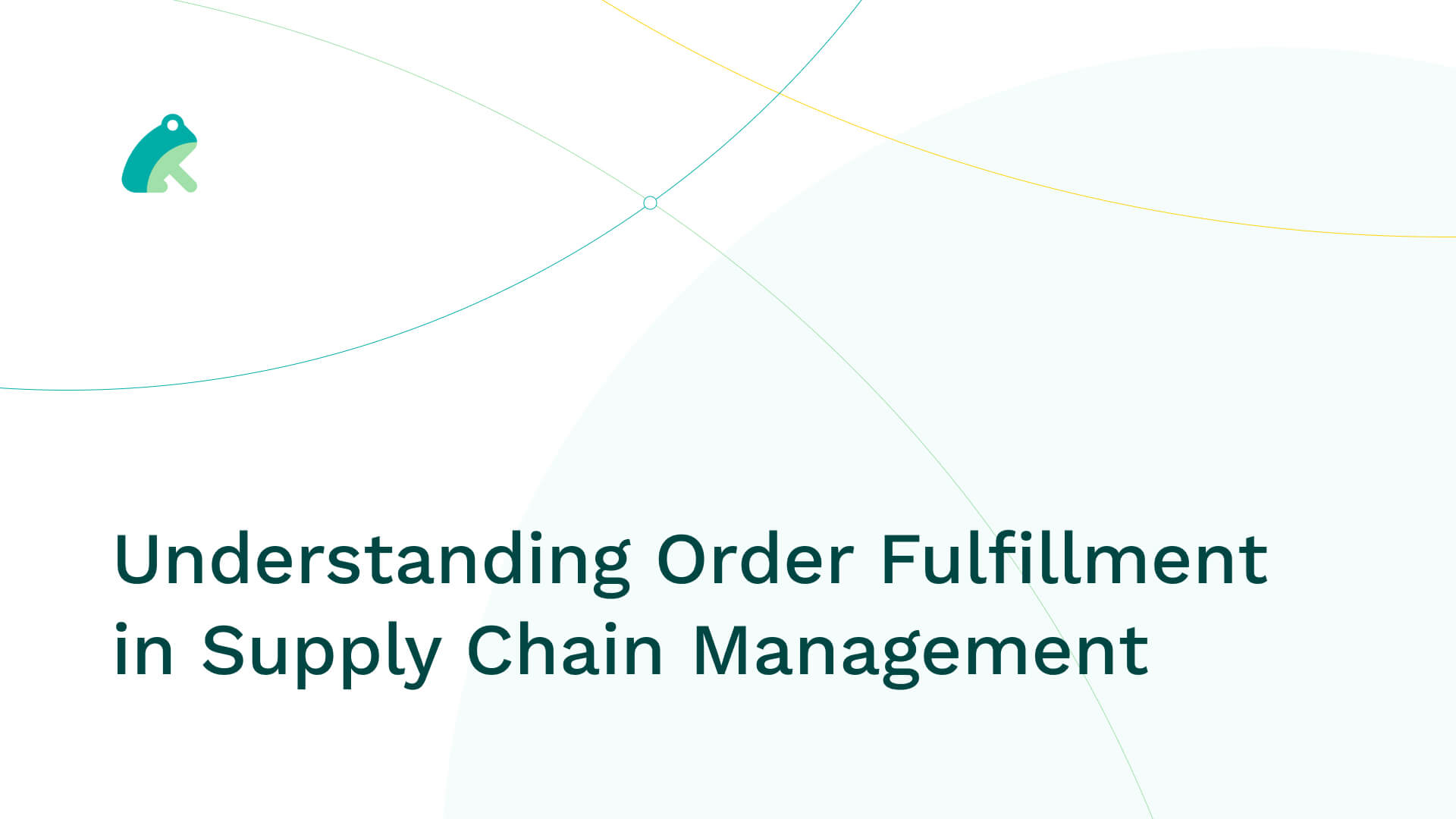Understanding Order Fulfillment in Supply Chain Management
February 10, 2026
Order fulfillment is a critical aspect of supply chain management that encompasses the entire process from receiving an order to delivering the final product or service to the customer. It involves intricate coordination and seamless integration of various steps to ensure customer satisfaction and retention.

Order Fulfillment Process:
-
Order Processing:
Upon order placement, the process kicks off by verifying the order details, inventory availability, and customer information.
-
Inventory Management:
This phase involves locating the ordered items within the inventory, ensuring they are in stock, and updating inventory records accordingly.
-
Picking and Packing:
Items are picked from the inventory shelves, packed securely, and prepared for shipment while ensuring accuracy and safety in packaging.
-
Shipping:
The packaged items are handed over to the chosen carrier or shipping partner for transportation to the customer's location.
-
Delivery and Post-Delivery Services:
The final step involves delivering the product to the customer, managing returns if necessary, and providing post-sales services.
Order Fulfillment Strategies:
-
Warehouse Optimization:
Efficient warehouse layout and organization facilitate faster picking, packing, and shipping.
-
Automation and Technology:
Utilizing automation, barcode systems, and software solutions streamlines processes, reduces errors, and enhances efficiency.
-
Inventory Management Tools:
Implementing robust inventory management tools helps maintain optimal stock levels and prevent stockouts or overstock situations.
-
Third-Party Logistics (3PL):
Collaborating with 3PL providers can enhance shipping and fulfillment capabilities, especially for businesses lacking their logistics infrastructure.
Challenges of Order Fulfillment:
-
Inventory Accuracy:
Maintaining accurate inventory records is crucial to avoid discrepancies and ensure items are available when needed.
-
Timely Delivery:
Meeting delivery timelines can be challenging due to unforeseen circumstances like weather disruptions or logistical issues.
-
Cost Management:
Balancing costs associated with warehousing, transportation, and technology without compromising service quality can be tricky.
-
Customer Expectations:
Rising customer expectations for faster delivery and error-free orders put pressure on fulfillment processes.
In the realm of supply chain management, order fulfillment stands as a pivotal link between businesses and their customers. Implementing efficient strategies, leveraging technology, and addressing challenges head-on can significantly impact customer satisfaction, brand loyalty, and the overall success of a business.
Understanding the nuances of order fulfillment empowers businesses to streamline processes, mitigate challenges, and deliver unparalleled service, fostering long-term success in today's competitive market.
Although most Amazon Vendors subscribe to FBA (Fulfilment by Amazon), it is imperative for all businesses doing online selling know the ins and out of the fulfilment process. And as an Amazon Vendor, having a robust tool to monitor, analyze, and derive actionable insights from data significantly enhances order fulfillment efficiency and customer satisfaction.
Integrating InsightLeap into the framework of your day-to-day business not only optimizes operations but also positions businesses for sustainable growth in an ever-evolving marketplace.